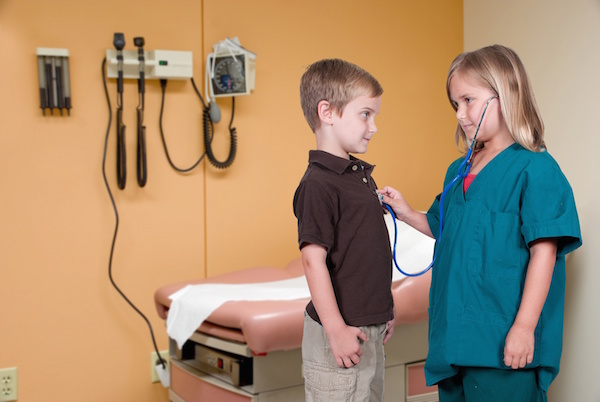WEDNESDAY, Dec. 9, 2015 (HealthDay News) — Bullying can lead to lasting psychological effects for both victims and tormentors, researchers report.
More than 20 percent of children who have suffered bullying are prone to depression serious enough to require medical help by their late 20s, researchers from Finland said.
“Frequent victimization at age 8 is associated with adult psychiatric disorders needing treatment,” said lead researcher Dr. Andre Sourander, a professor in the department of child psychiatry at the University of Turku.
Besides depression, researchers found that bullying or being bullied were associated with psychosis, anxiety, and drug and alcohol abuse.
“We need to understand the importance of early peer and school experiences for children,” Sourander said. “We should integrate a mental health perspective to anti-bullying campaigns, because early intervention can prevent long-term consequences.”
The report was published Dec. 9 online in JAMA Psychiatry.
Bullying can include repeatedly making threats, spreading rumors, attacking someone physically or verbally, or excluding someone from a group, according to the U.S. Department of Health and Human Services.
For the study, Sourander and colleagues reviewed data on more than 5,000 Finnish children to see whether there was an association between bullying-related incidents at age 8 and mental problems by age 29.
Incidents of bullying or being bullied were based on reports from the children, parents and teachers. Data on services to treat psychiatric disorders from ages 16 to 29 were from a Finnish hospital register.
Sourander’s team found that among kids who did not engage in bullying — and that was the overwhelming majority — nearly 12 percent were diagnosed with mental problems by their 20s.
But nearly 20 percent of bullies, more than 23 percent of victims, and more than 30 percent of those identified as both bullies and bullied ended up with mental issues that needed treatment later in life, the researchers found.
Only an association rather than a cause-and-effect link was seen between childhood bullying and mental problems as adults.
Dr. Matthew Lorber, acting director of Child and Adolescent Psychiatry at Lenox Hill Hospital in New York City, said that schools and parents need to stop bullying before it starts.
“We need to increase our anti-bullying campaigns, especially in elementary schools,” he said.
Lorber said that most schools know that bullying is going on, but they don’t think they can stop it. “But if you start at a young age, you can create a culture where bullying is not tolerated,” he said.
Also, Lorber thinks bullied kids need counseling to prevent depression or anxiety disorders later in life.
Bullying can never be totally eliminated, but most of it can be prevented, he said. “I have been to schools where it is understood that bullying will not be tolerated under any circumstance — that means verbally, physically, sexually and cyberbullying,” he said.
Starting in kindergarten, Lorber said, children and parents should sign contracts that say bullying will not be tolerated.
Schools and parents are often unaware of bullying’s long-term consequences, he added. “Bullying often falls into the category that ‘kids will be kids’ and ‘it’s part of growing up,’ ” Lorber said. “That’s not true.”
In his own practice, Lorber has treated kids suffering from depression, cutting themselves or having panic attacks because of bullying.
“Kids being kids is not systematic intimidation and repeated harassment and repeated torture,” Lorber said. “A victim of bullying is a victim of trauma because it is traumatic.”
More information
For more on bullying, visit the U.S. Department of Health and Human Services.
Copyright © 2026 HealthDay. All rights reserved.

